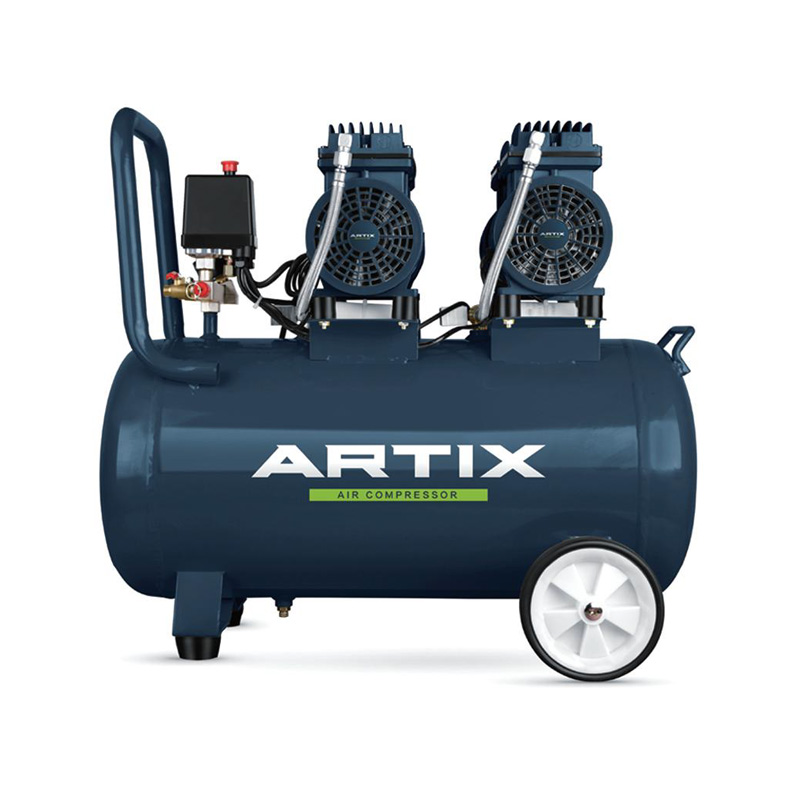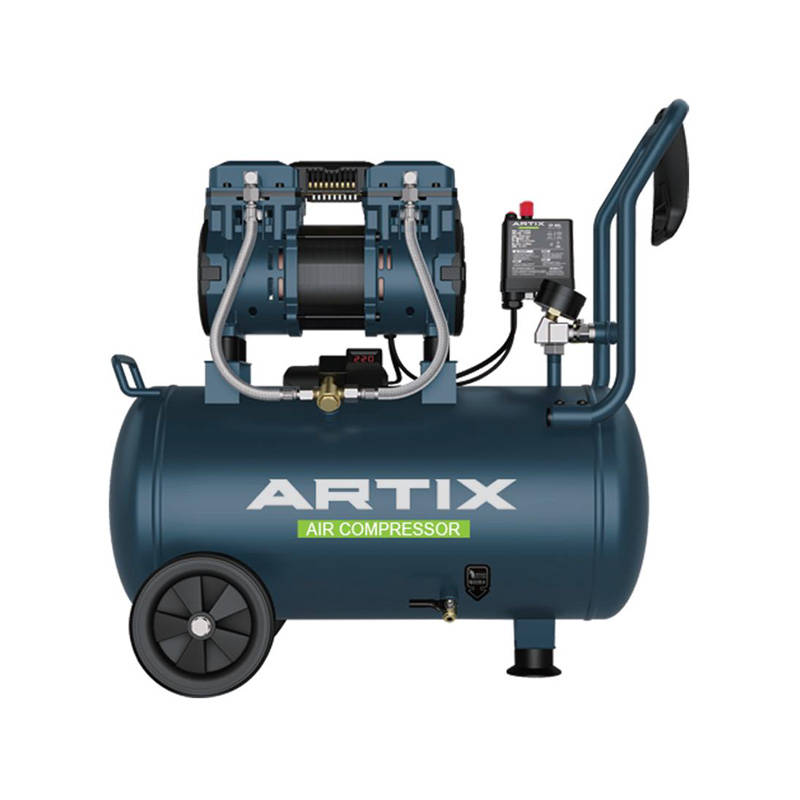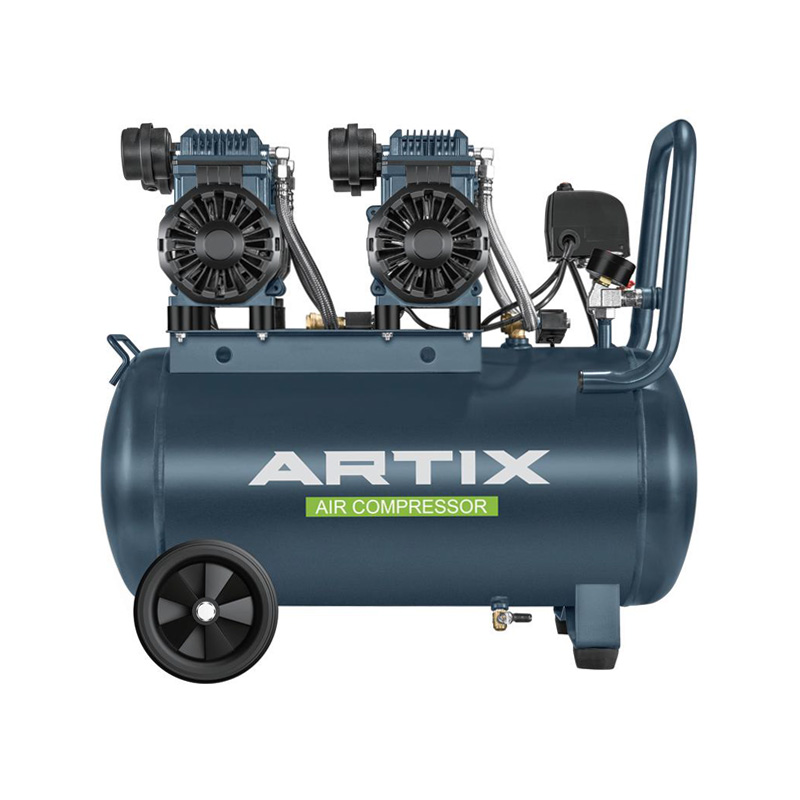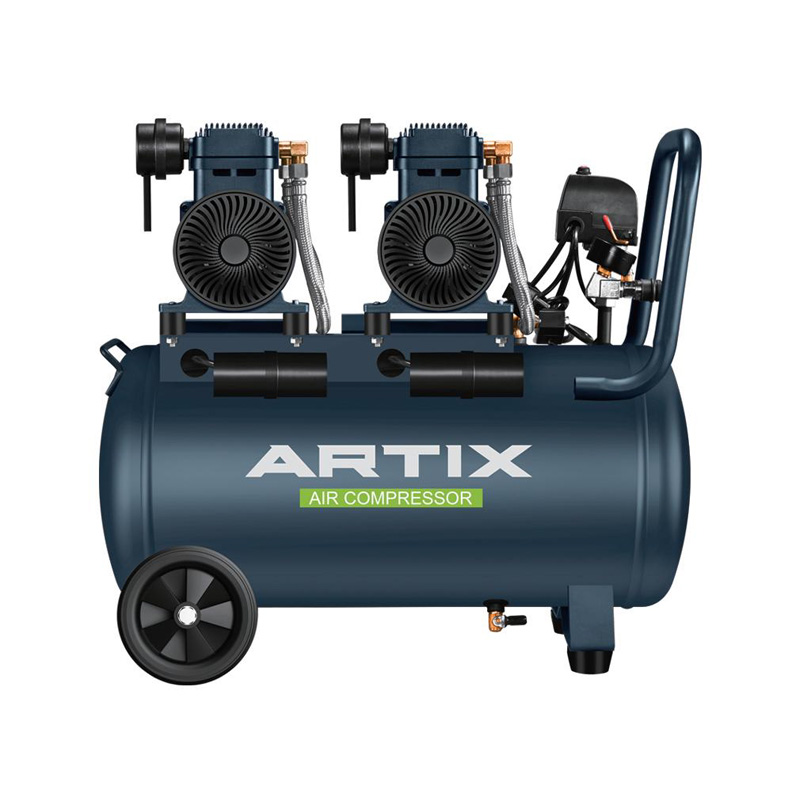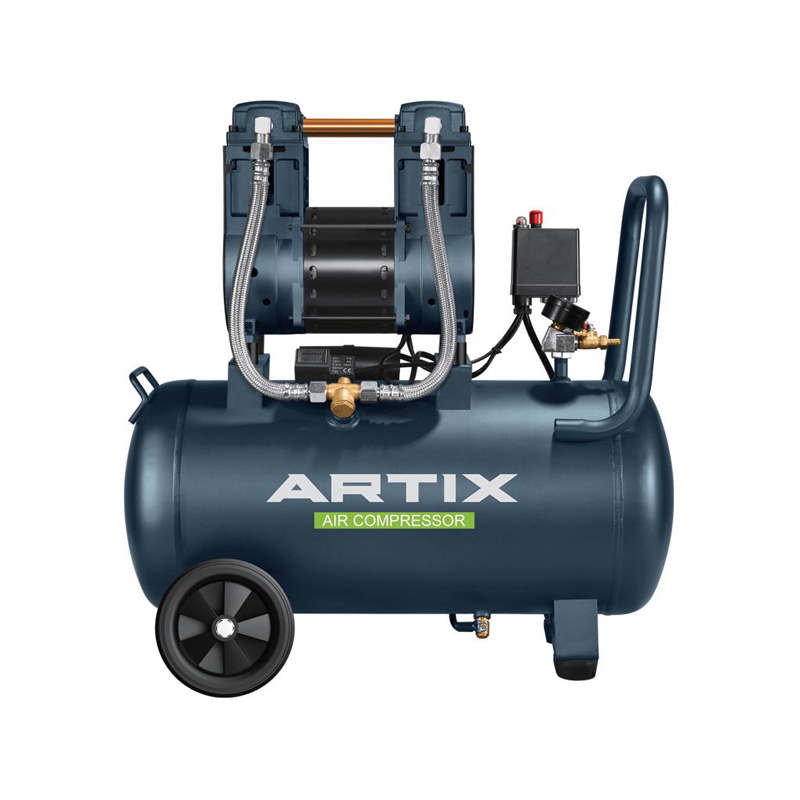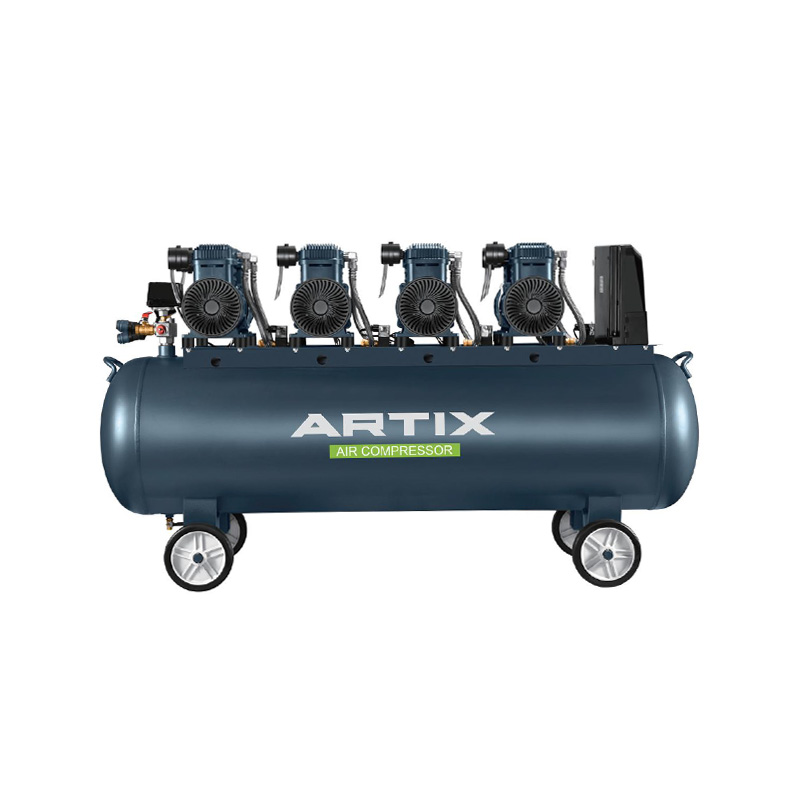There is a greater need than ever for dependable and effective compressed air systems in the quickly changing manufacturing environment of today. Industrial oil-free air compressors and direct driven air compressors are becoming increasingly popular in industries adopting high levels of automation. This shift is driven by the need for cleaner air, reduced maintenance, and seamless integration with automated processes.
1. The Rise of Automation and Compressed Air Requirements
As automated machinery and robotics become integral to manufacturing, the compressed air systems that support these technologies must meet stricter demands:
Consistent air quality without oil contamination to protect sensitive equipment.
less downtime to avoid costly production interruptions.
Energy efficiency to align with sustainability goals.
Compact size for installation in crowded manufacturing floors.




2. What Makes Direct Driven Air Compressors Ideal for Automation?
Direct driven air compressors use a direct coupling between the motor and compressor pump, eliminating belts or gears. This design offers distinct advantages for automation:
Reduced mechanical complexity: Fewer moving parts mean less wear and lower failure rates.
Precise speed control: Direct drive systems can easily be paired with variable frequency drives (VFDs) for optimized energy use.
Compact footprint: With no belts and pulleys, equipment size is smaller, allowing for flexible placement near automated lines.
Quieter operation: The direct drive mechanism produces less vibration and noise, improving the factory environment.
Because these compressors are compact and reliable, they fit naturally into automated production cells or robotic lines where space and uptime are critical.
3. The Role of Industrial Oil-Free Air Compressors in Automation
Oil-free air compressors are essential in high-tech automated processes for these reasons:
Protect sensitive products: Oil contamination in the air can damage electronics, pharmaceuticals, food products, or medical devices.
Comply with regulations: Many industries require certified oil-free air (ISO Class 0) to meet hygiene and safety standards.
Reduce filtration needs: Oil-free air reduces the burden on downstream filters, lowering pressure drops and maintenance costs.
Increase reliability: Eliminating oil means fewer variables affecting compressor performance and air quality.
Together with direct drive technology, industrial oil-free air compressors provide a clean, reliable, and efficient compressed air source tailored for automation.
4. Applications Driving Demand for Direct Drive, Oil-Free Compressors
Several industries are leading the way in adopting these systems:
Automotive manufacturing: Automated paint booths, assembly robots, and pneumatic tools benefit from clean, stable air.
Pharmaceuticals: Automated filling, packaging, and inspection lines require contaminant-free compressed air.
Electronics: Precision assembly and testing of components need oil‑free air to maintain product integrity.
Food and beverage: Automated bottling and processing lines demand hygienic air sources free of oil or particulates.
5. Energy and Maintenance Benefits in Automated Facilities
Energy consumption and maintenance schedules can directly affect production costs and uptime. Direct-driven air compressors paired with oil free designs help in:
Lower energy use: Direct coupling reduces transmission losses, while VFDs allow output to match demand.
Simplified maintenance: Fewer parts mean less frequent repairs and easier servicing.
Extended equipment life: Stable operation with less vibration prolongs compressor components’ lifespan.
6. Integration and Control in Automated Systems
Modern manufacturing environments use smart control systems for compressed air. Direct-driven oil-free compressors support:
Remote monitoring: Sensors track pressure, temperature, and purity to enable predictive maintenance.
Automation system compatibility: Easy communication with PLCs and SCADA systems ensures compressors operate in sync with production.
Adaptive output control: VFDs allow compressors to adjust flow and pressure based on real-time demand, improving efficiency.
If you need assistance selecting the right compressor for your automated facility or want guidance on integration, feel free to reach out.
